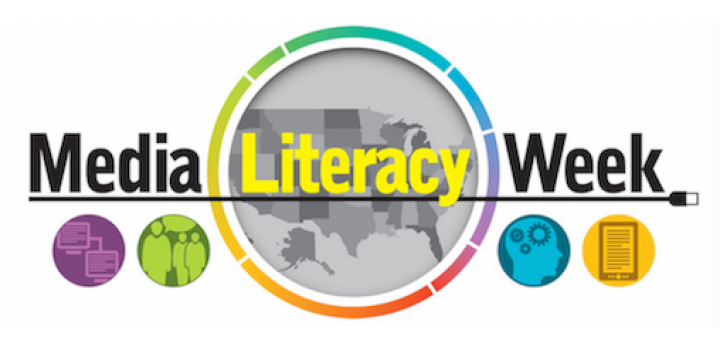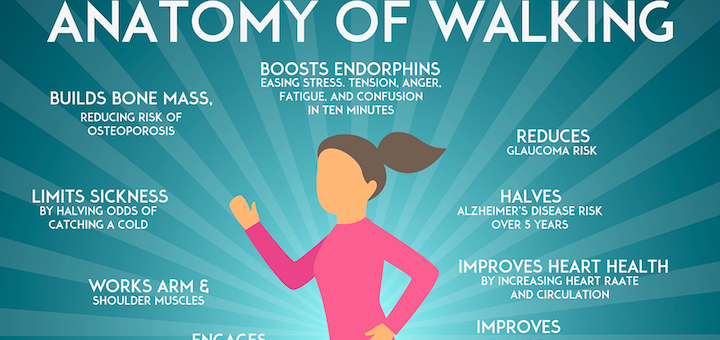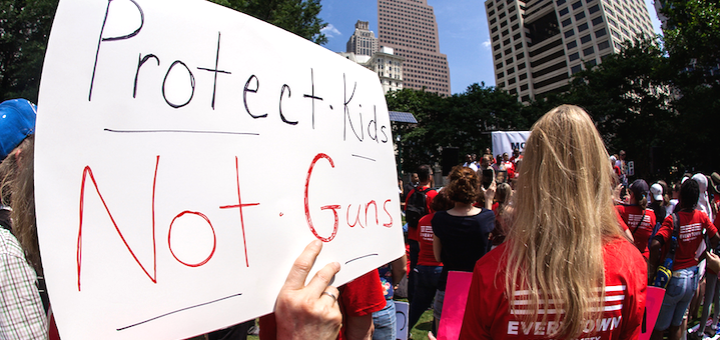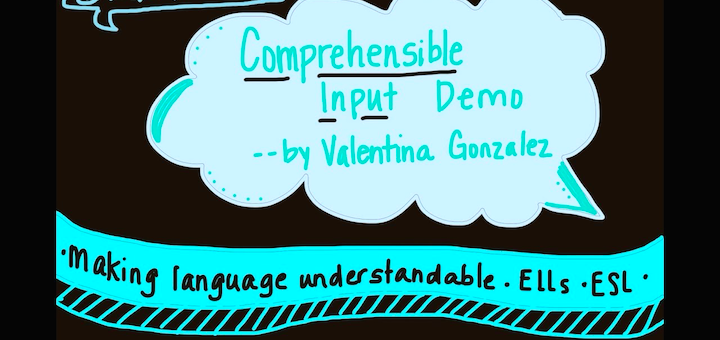Teaching and learning in grades 4-8
With slanted news, social media and “reality” TV ceaselessly attracting the attention of young people, literacy consultant Frank W. Baker underscores the importance of Media Literacy Week, urging all educators to teach students how to analyze media “as text.”
Don’t Suspend Me! can be used to ramp up school and district discussions about discipline policies. Principals, discipline teams, and individual teachers whose schools don’t have access to onsite PBIS training might adapt the book’s suggestions, says Mary L. Thompson.
Math students retain more and gain confidence when they understand why a process works. But some are more interested than others in learning about the Why. Michelle Russell considers how she can best include the Why as students learn the How of problem solving.
Educators talk about giving students “voice, choice and agency,” says NBCT Rita Platt, but how does that actually happen in a practical, curriculum-friendly way? Platt believes the secret is teaching students to set goals. Learn about her 5-step process (tools included).
Hacking Project Based Learning is a rich resource for teachers and administrators who want to begin implementing project-oriented inquiry learning, says PBL teacher Sandy Wisneski. She appreciates the strong emphasis on student ownership in each of the book’s 10 hacks.
Moment to Moment helps educators empower students to recognize what may “trigger” a behavior problem and how to react positively in that moment. Linda Biondi says teachers will benefit from the case studies of several student types that are followed through the book.
The framework Jennifer Abrams develops in Hard Conversations Unpacked focuses on professional growth, and ultimately on positive outcomes for student learning. Principal Mike Janatovich will never again attempt a challenging conversation without this guidance.
By expanding our focus in school from digital citizenship (safety) to digital leadership (effective voice), teacher and author Jennifer Casa-Todd says educators can help students learn to harness social media in powerful and meaningful ways, for the common good.
Regardless of where educators land politically, it can sometimes feel like tiptoeing through a minefield to facilitate a balanced discussion of current events, writes teacher Sarah Cooper. Are there times when it’s appropriate for teachers to reveal their own views?
If we provide scaffolds for the students who need it – especially ELLs who represent so many different backgrounds – we can promote independent learning. Valentina Gonzalez offers five easy-to-implement strategies to help make lessons ELL-friendly in any content area.








































